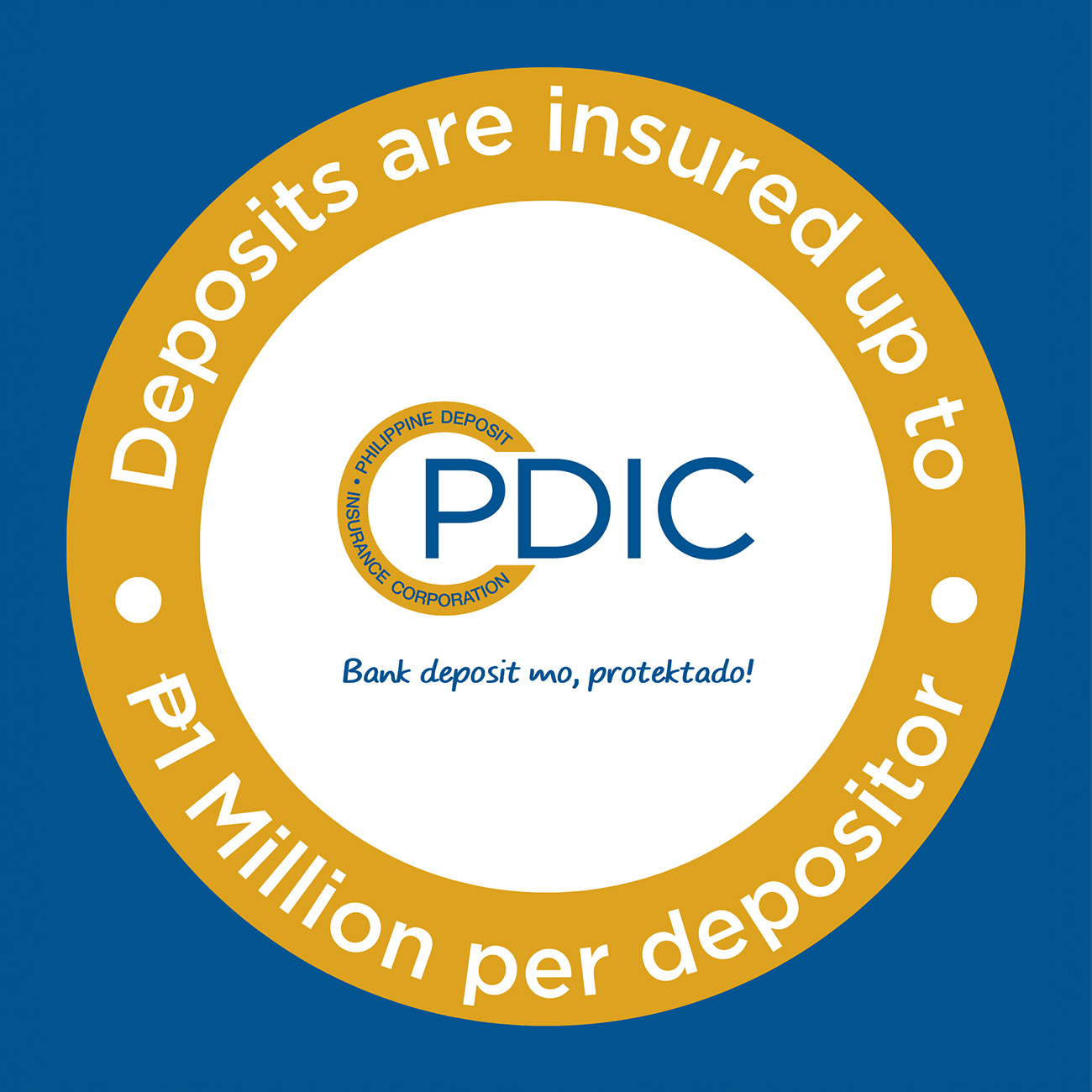Financial wellness is defined as the state of being prepared for your financial obligations for both short-term and long-term periods of time.
This concept might sound overwhelming for some, especially since most have trouble just making ends meet. But financial wellness doesn’t have to start big or grand. What you don’t realize is that achieving financial wellness is something that can start with small steps.
The Oxford Dictionary defines ‘needs’ as something that is necessary—things that someone requires to live and do not change with time. ‘Wants’, on the other hand, are things that you desire in the moment or can easily change over time.
One test you can use when determining a want vs. a need is to analyze how many times you will be using an item after buying it. If you find yourself having trouble starting your savings because of buying what you want, then stick to your needs.
Setting financial goals can give you a clearer direction with your savings. After all, you have the liberty to quantify and set your own targets, factoring in details such as your salary, monthly expenses, budget, and the like.
When setting up your goals, always keep two items in mind: 1.) make them specific, and 2.) set a deadline for when you want to have them accomplished.
There’s a big difference in saying “I want to save money” from “I want to save Php 10,000 in six months.” The former shows intent to do something while the latter gives you clear visibility of where you are in terms of meeting your goals.
It is advisable to divide your savings and properly allot your money into different categories depending on their purpose.
For example, separating your monthly basic expenses from your spending expenses will give you a more accurate view of your overall savings and expenses.
Even Hollywood celebrities – who are known to earn easy millions – like Queen Latifah find wisdom and subscribe to this idea of not putting all your money in one basket.
The benefit of dividing your savings by bucket is that you can adjust your spending as long as it is still within the parameters that you’ve set.
Of all the buckets that you will be saving for, having one for emergencies is one you don’t want to neglect.
After all, while you can adjust your budget for shopping, food trips, and the like, emergencies can happen at any time, even when you’re not expecting them.
The key to setting up an emergency fund is to be consistent in maintaining it. Once you find the proper footing with your contribution and feel ready to increase, the partition will ultimately be up to you.
Financial guru Dave Ramsey said, “Earning a lot of money is not the key to prosperity. How you handle it is." The importance of tracking your spending is that it shows you an accurate representation of where your money goes.
There’s actually a ton of means in order to track your spending – if you’re the old school type, keeping a notebook to write down and list your expenses can be a good start.
There’s also a lot of apps available to download online that serve the same purpose.
As a pro-tip, monitor your expenses up to the littlest centavo. Logging in to your account in the BPI app can also help you track the exact ins and outs of your spending.
Trying to practice financial wellness should not be scary. The key is to integrate the little habits into your daily activities. So that once they’ve become habits, you can be guaranteed of a more stable financial future.


